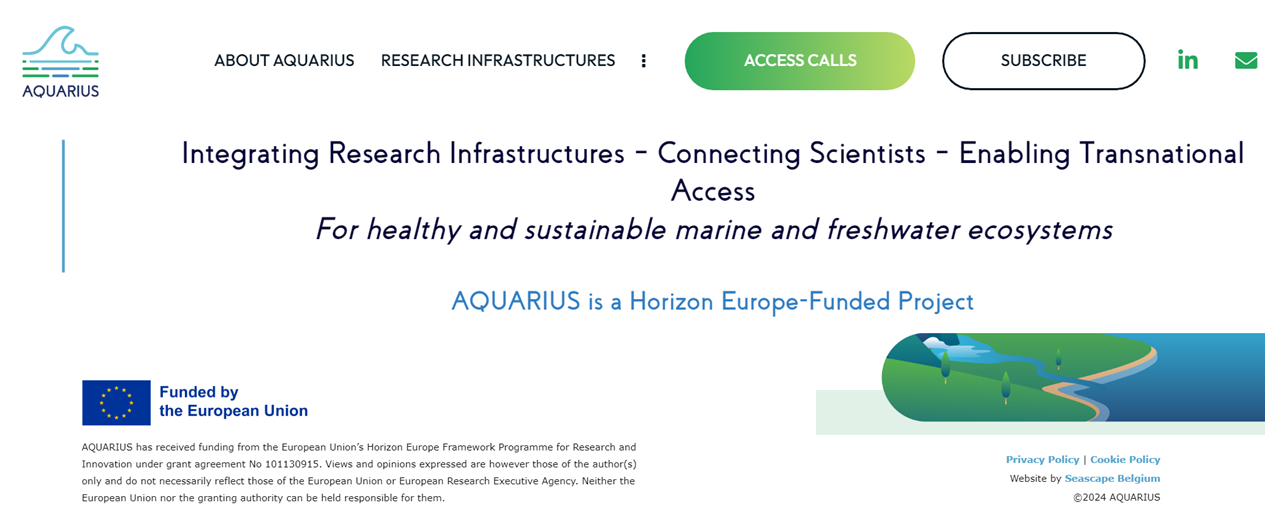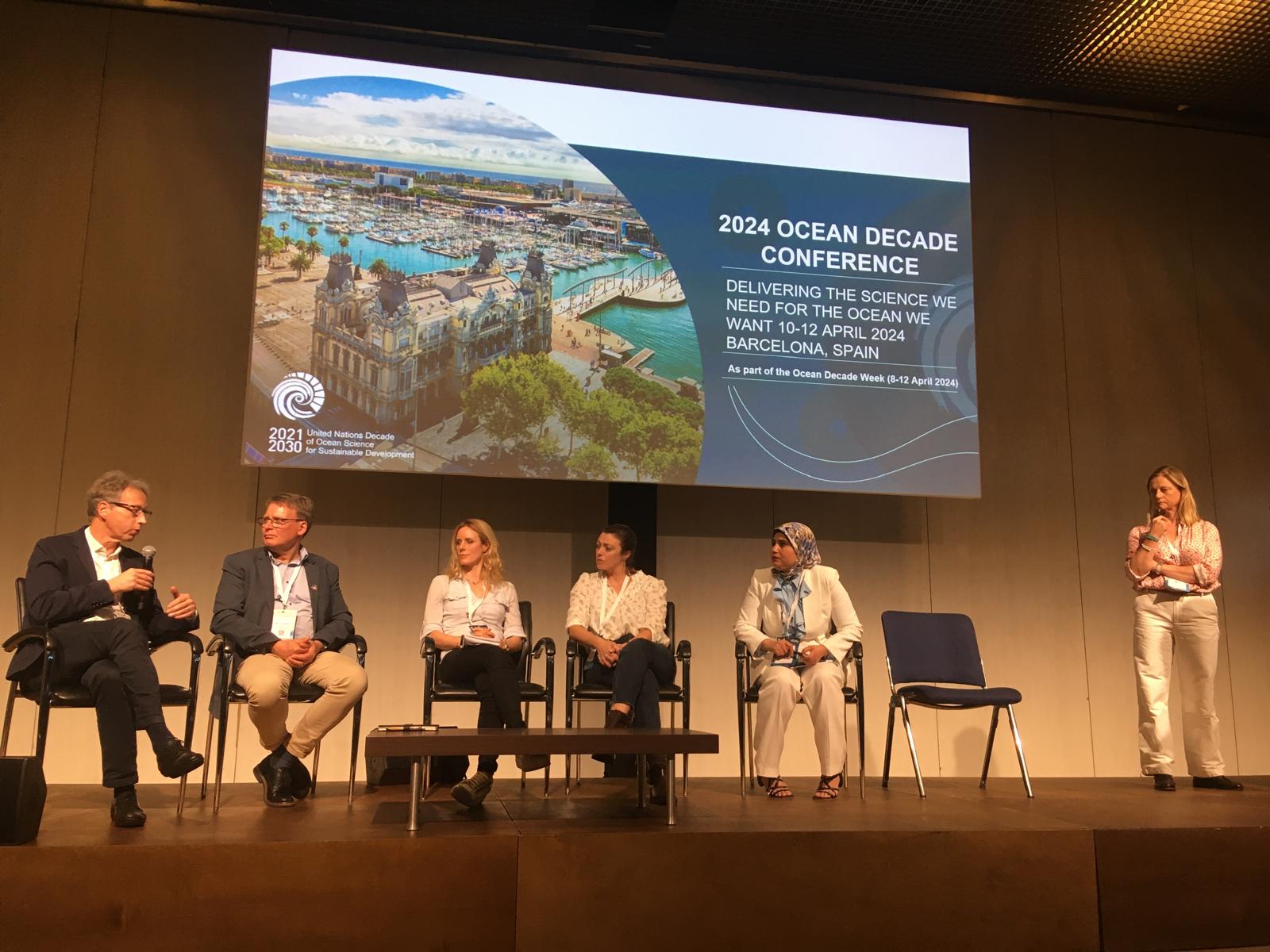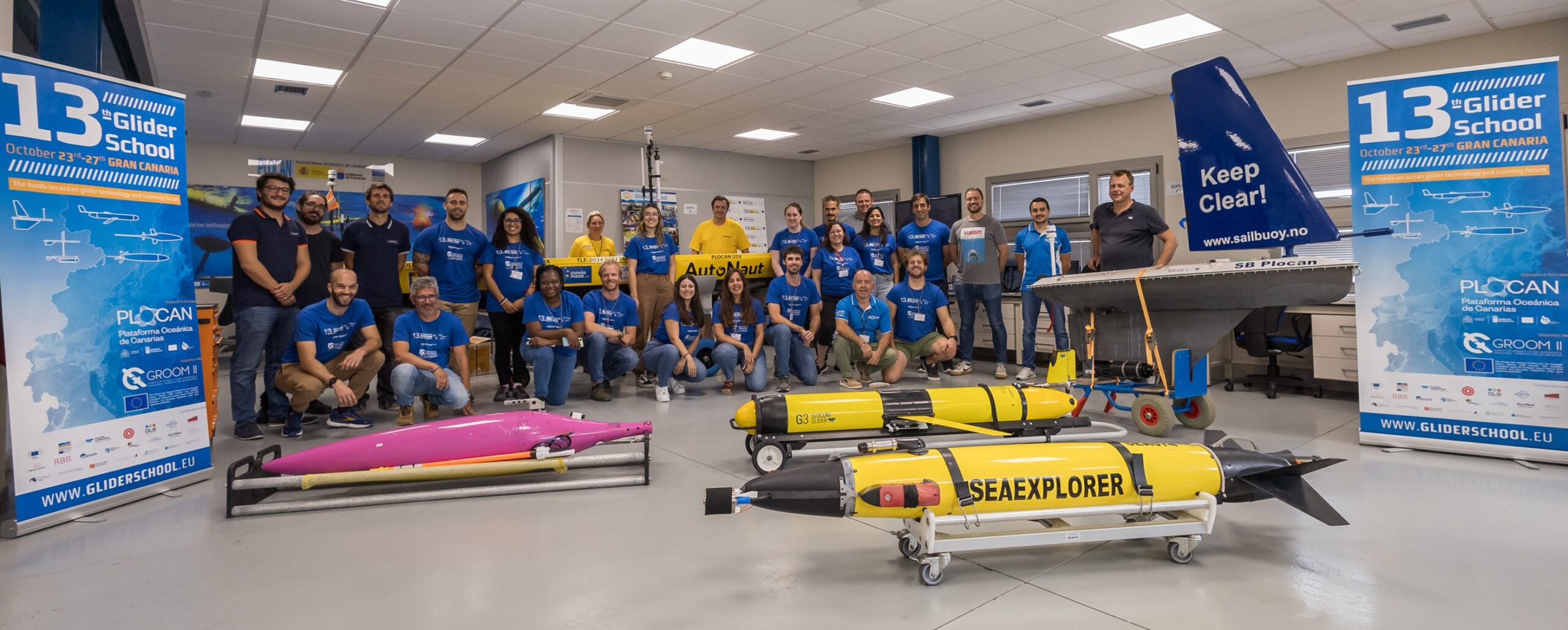PLOCAN, in partnership with the Center for Marine Environmental Sciences (MARUM) of the University of Bremen, the National Oceanic and Atmospheric Administration (NOAA) of the United States, the Laboratory of Technology and Underwater Systems (LSTS/FEUP) of Porto University, the SCRIPPS Research Institute and the National Oceanography Center (NOC) in United Kingdom, has conducted the coordination leadership of a scientific-technical session on uncrewed surface vehicles (USV) technology.
The session has been conducted in support to the Ocean Decade within the framework of the Ocean Sciences Meeting 2022, which is taking place in virtual format this week under coordination and support by the American Geophysical Union (AGU), the Association for the Sciences of Limnology and Oceanography (ASLO), The Oceanography Society (TOS) and the Oceanic Engineering Society (OES).
Labelled as OT05 “Uncrewed Surface Vehicles (USVs). Technology Trends and Improvements on Observing Applications for the Ocean Decade”, and with the main goal to engage leading actors representing developers, industry, research, end-users and regulatory bodies to provide an overview on current trends in USV technology, while seeking a baseline understanding of the sector from lessons learned at technical, operational, data management and policy/regulatory levels.

In addition to coordination, PLOCAN’s contribution to OT05 session with the oral presentation “Uncrewed Surface Vehicles (USV) Network Initiative in support to EOOS“, that attempts to establish the bases for a recognized international network of developers and users related to USV technologies in support of the Global Ocean Observing System (GOOS) strategy and hence, its European component, EOOS (European Ocean Observing System). This action is framed as part of the EU-project EuroSea activities, where PLOCAN, MARUM, LSTS/FEUP and NOC are joining as consortium members.
EuroSea is an Innovation Action funded through the European Commission research funding programme Horizon 2020 under a call supporting the G7 “Future of Seas and Oceans Flagship Initiative”, being its main goal to improve the European ocean observing and forecasting system in a global context, delivering ocean observations and forecasts to advance scientific knowledge about ocean climate, marine ecosystems, and their vulnerability to human impacts and to demonstrate the importance of the ocean to an economically viable and healthy society.
EuroSea is part of a broader strategy, whose framework is provided by EOOS -under EuroGOOS leadership- in order to improve Europe’s ocean observation capacity from the coordination and entailment of the disparate components of the ocean observing system and promote shared strategies, infrastructure development, data standardization, open access, and capacity building in a synergistic manner.



